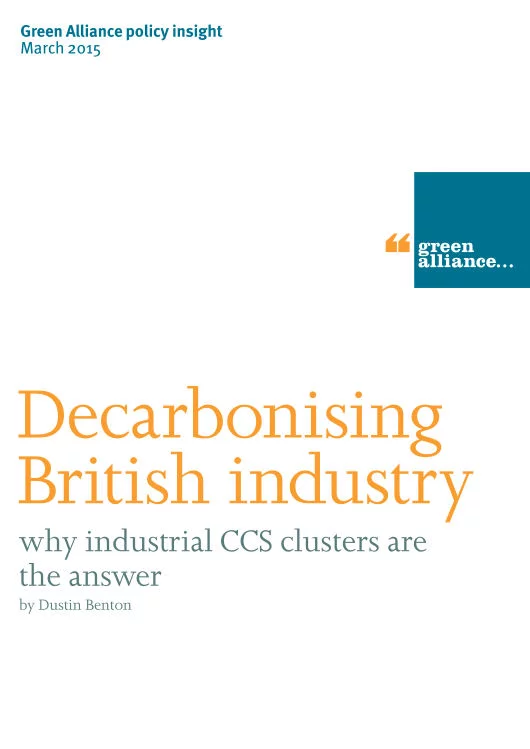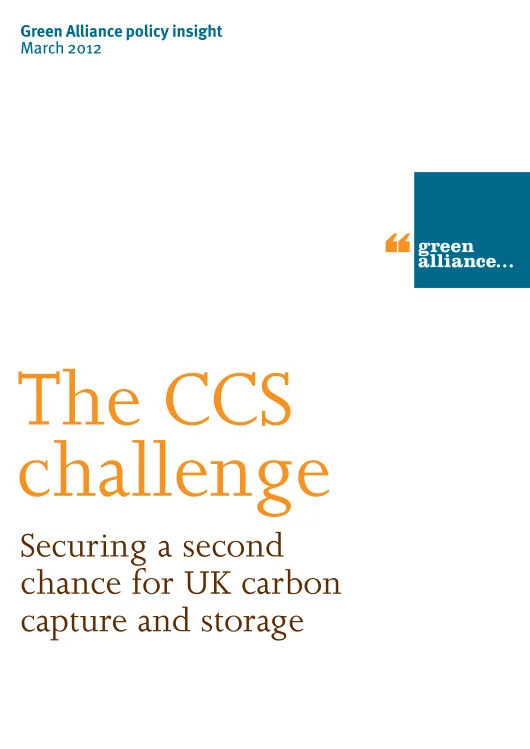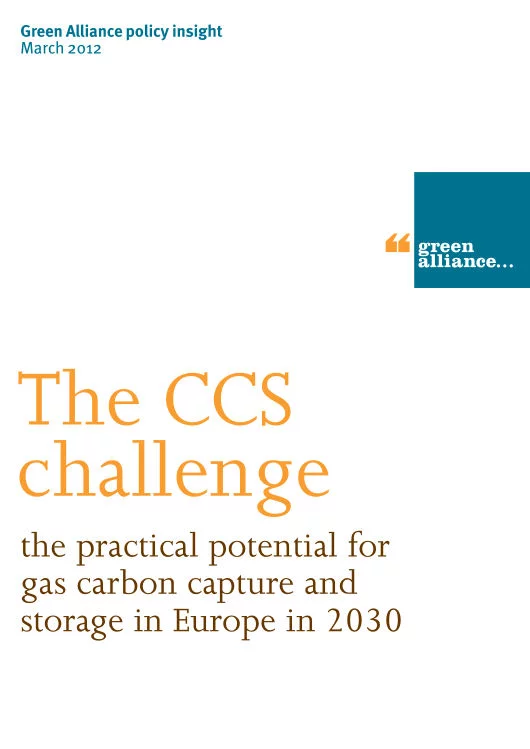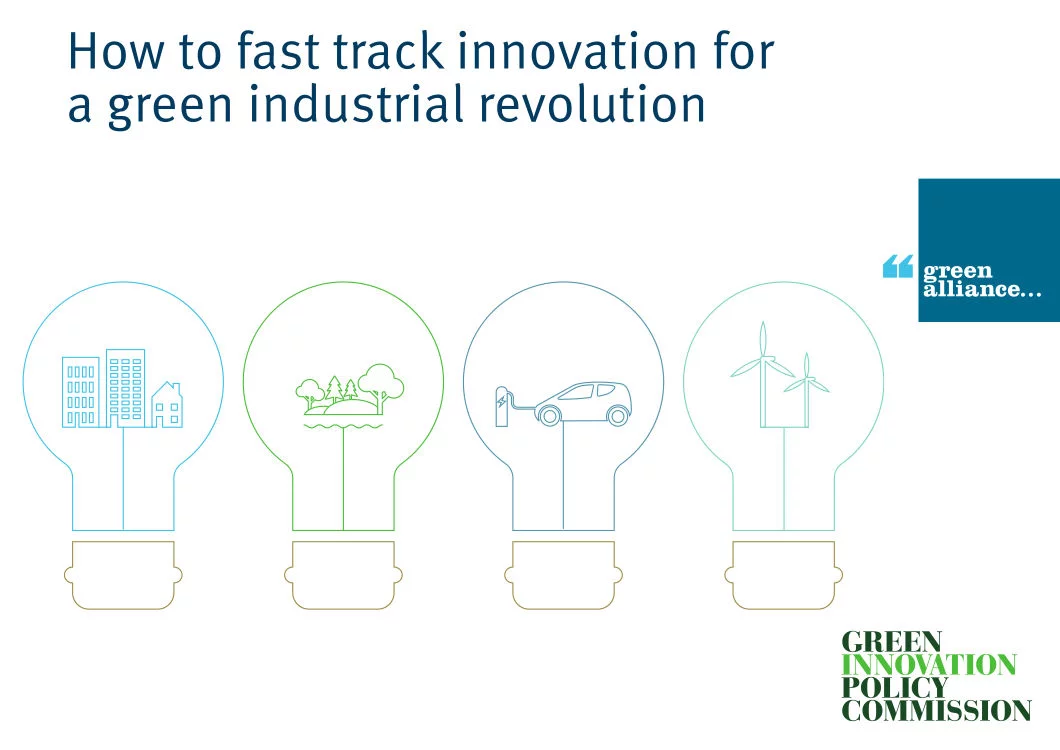Overview
Ensuring the UK’s industry is fit for a net zero economy is vital to both boost competitiveness, and secure and create long term jobs across the country. Industry is currently the third largest emitting sector in the country, behind transport and buildings.
To support industry to cut emissions, action is needed to expand carbon taxes to imported goods, scale up energy and resource efficiency, support electrification, and deliver deep decarbonisation technologies, such as hydrogen and carbon capture and storage.
Industrial electrification
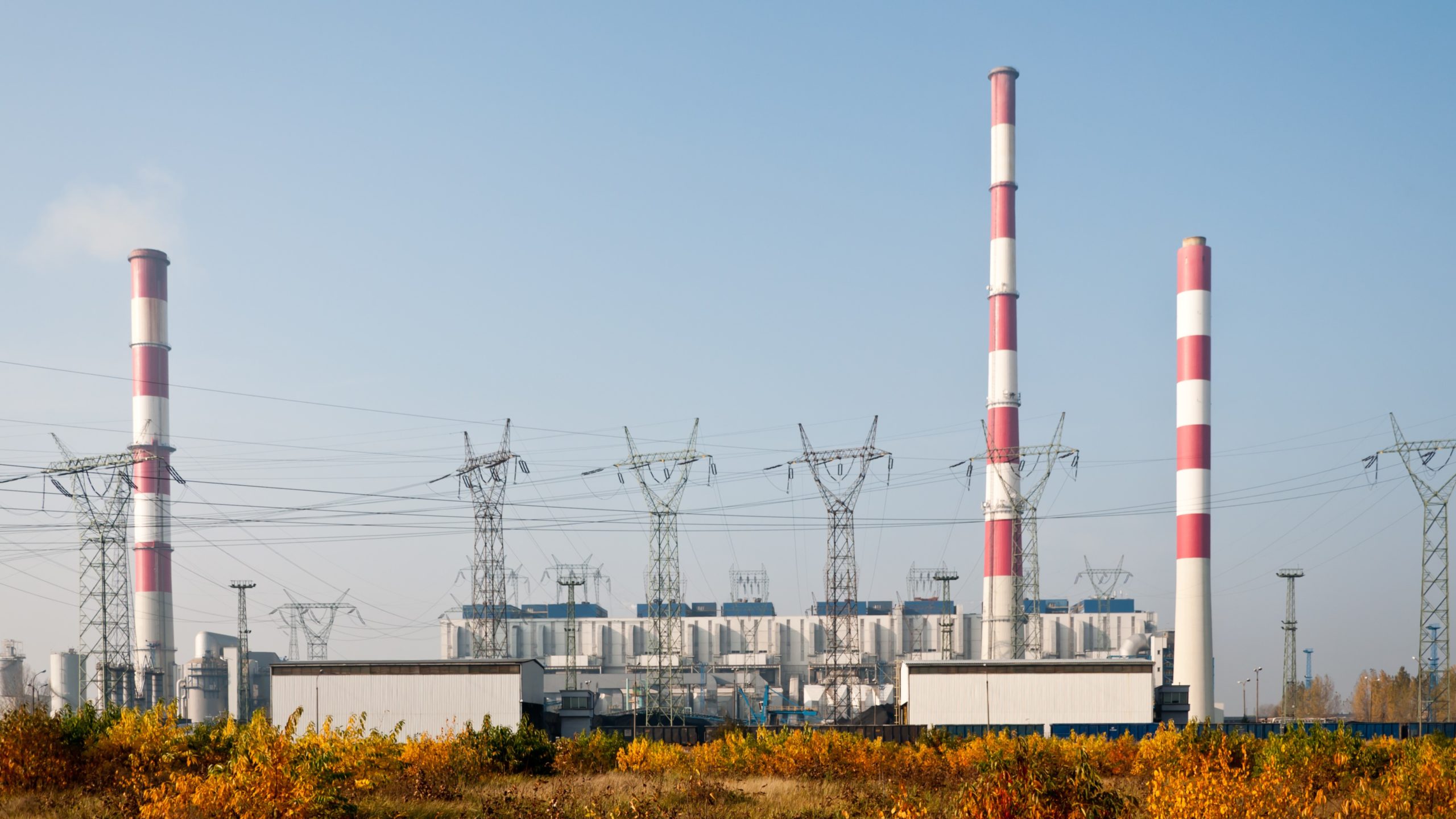
Electrification is more efficient and more widely accessible than carbon capture and storage (CCS) and clean hydrogen, but due to electricity costs and connection delays, it’s not currently appealing to industry.
We’re arguing for government to support industry to electrify as the first choice route to decarbonisation, through cheaper electricity and faster grid connections.
Read our work.
Clean steel
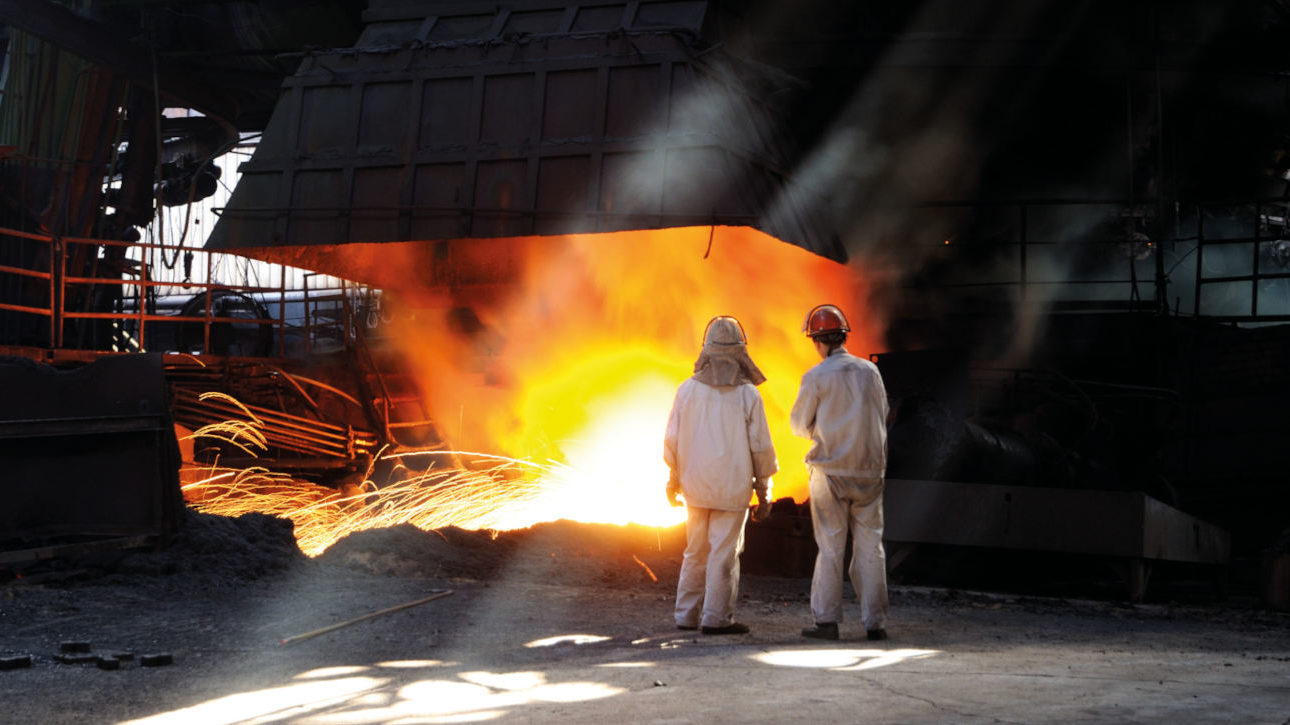
The UK’s steel industry is in the midst of a rapid transformation that should leave it cleaner, more resilient and better futureproofed. However, delivering on its full potential requires a range of measures to level the competitive playing field and encourage investment, as well as financial support. Workers and communities also need to be at the heart of decision-making.
We’ve been involved in discussions around the steel sector for five years and continue to work to ensure that decarbonisation and better use of UK resources go hand in hand with a thriving industry that provides good quality jobs.
Securing a just transition for industry
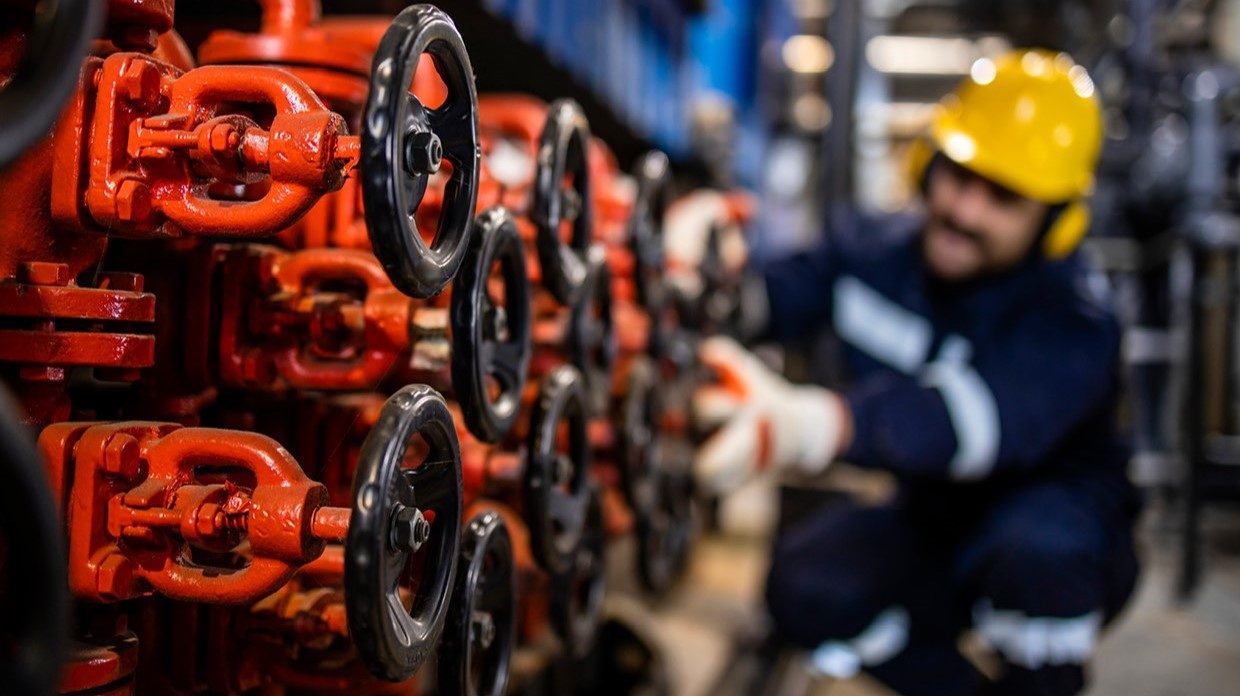
Decarbonising UK industry is vital, but how can this transition be managed in a way that supports workers, communities and businesses? Our research explores the challenges and opportunities, drawing on lessons from the Port Talbot steelworks and successful transitions in Germany and Sweden. We consider the role of early planning, worker involvement and supportive policies in shaping a fair and thriving low carbon future for UK industry that attracts investment.
Chemicals and net zero

Most of modern life relies on the chemical industry and its products. From toothpaste to the fertiliser used to grow breakfast cereals, almost all the chemicals in these products come from fossil fuels and cause greenhouse gas emissions. So why has the chemical sector received such little attention in the climate debate?
Read more about our reports on chemicals and net zero below.
In this briefing, we examine the significant policy gaps hindering the UK chemical industry’s transition away from fossil fuels and toward a greener economy. Drawing on stakeholder interviews and prior research, we highlight six key areas where more diverse and ambitious solutions are urgently needed to reduce emissions and support sustainable industrial transformation.
Chemicals, plastics and chemical products are everywhere in modern society, and the majority of them are made from fossil fuels as ingredients. There are alternatives, such as recycled plastic wastes, carbon from plants, and captured carbon dioxide, but all of these have trade offs and will face strong competition from other sectors.
This report, which follows our earlier report “A new formula”, explores the scale of this challenge. It argues that the government should explore a green carbon mandate for chemicals, to help the industry transition away from fossil feedstocks.
In this report, we examine why the UK chemical industry, despite its central role in modern life and significant climate impact, has received limited attention in the net zero transition. We identify three overlooked areas where targeted government action could help the sector reduce emissions and align with broader climate goals.
Greening the cement industry
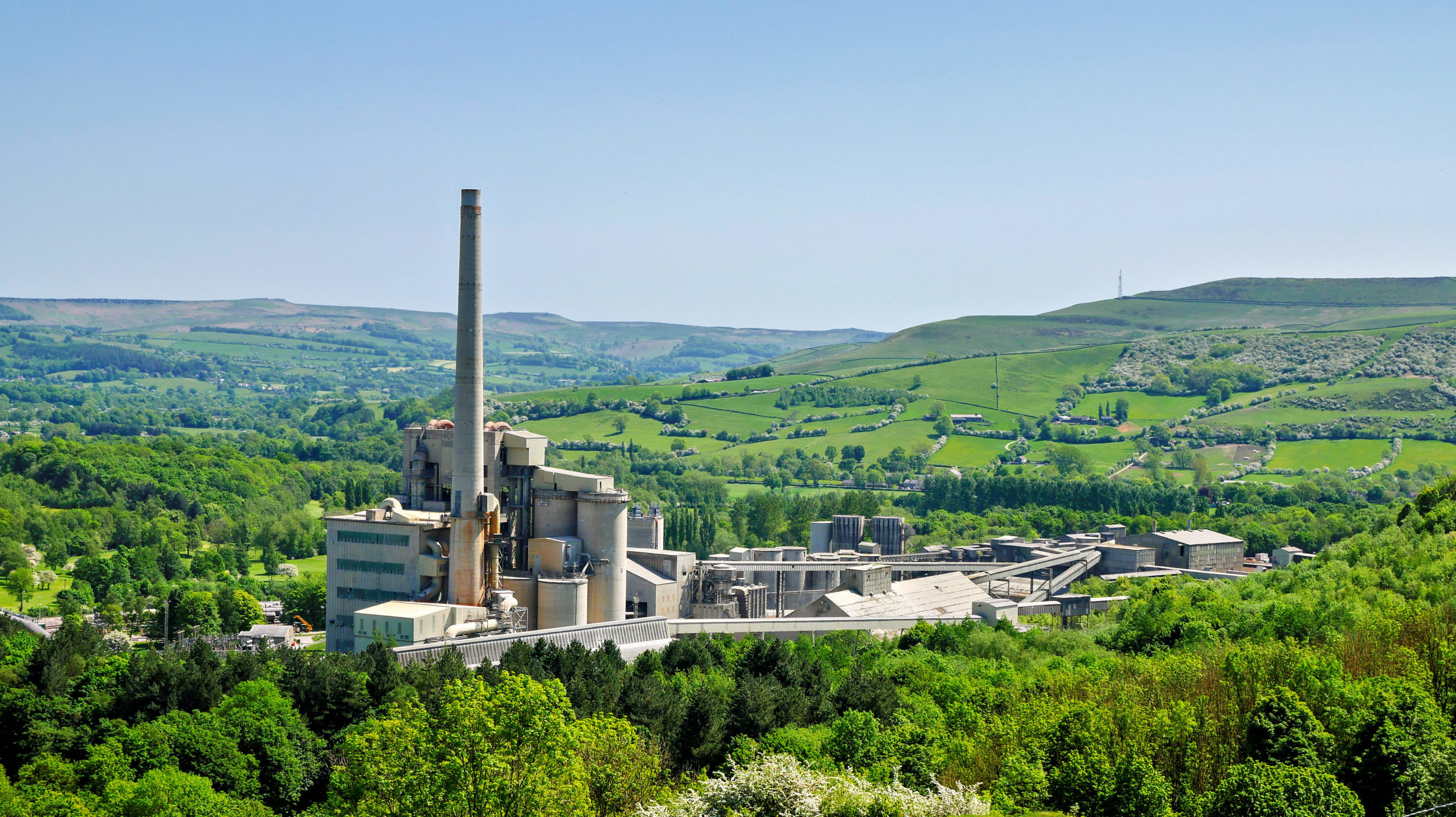
We need cement to build houses, railways, hospitals, roads, the list goes on. But our dependence on the material, coupled with our current carbon intensive ways of making it, means cement manufacturing is a difficult industry to decarbonise. Our work details the challenges and potential solutions around this issue.
Read more about the importance of cement and how to reduce the carbon dioxide emitted when we make it.
In this briefing, we detail the road to reducing emissions from the cement industry and how the government can pave the way through constructive policies in their upcoming industrial strategy and beyond.
In this blog, Policy Analyst Amira Jamal explores the overlooked climate impact of cement and why it deserves urgent attention in the UK’s industrial strategy. She highlights how decarbonising cement can support climate goals, boost economic resilience, and protect jobs – making it a key opportunity for sustainable growth.
Carbon capture and storage
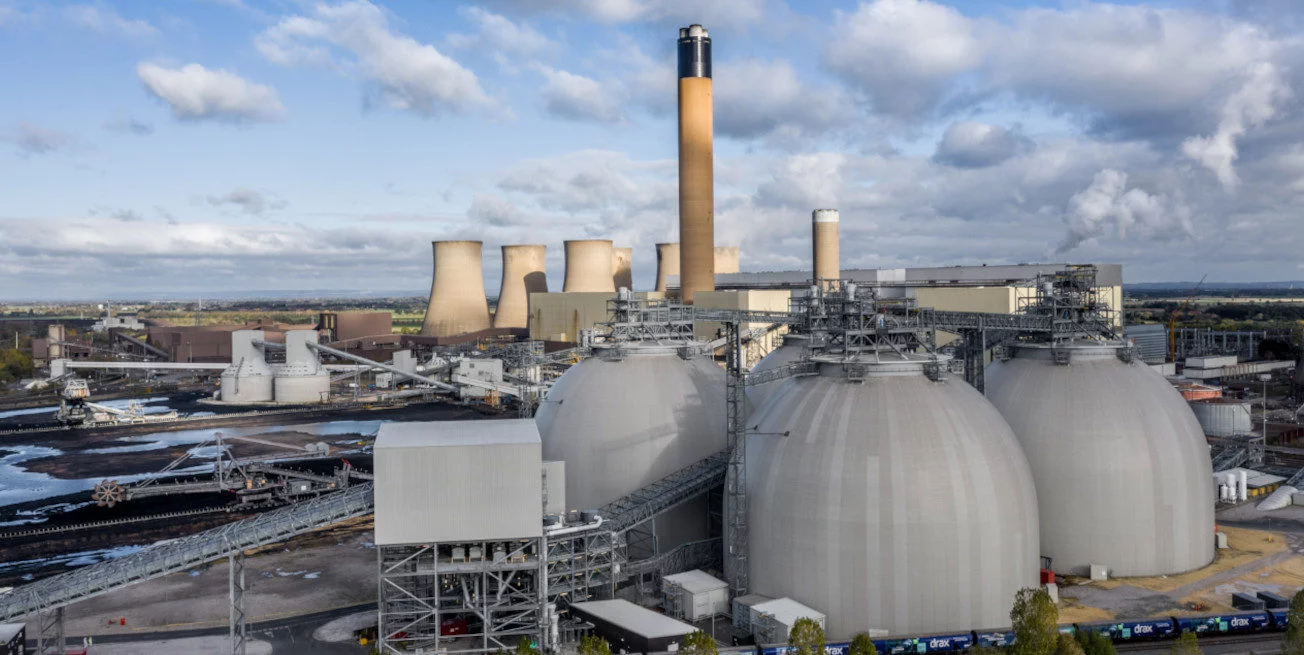
Carbon capture and storage (CCS) technologies extract carbon from the waste gases from industrial processes and the burning of fossil fuels, and then transport it and inject in underground for long term storage. Some industrial sectors are likely to need it, like cement and some aspects of the chemicals industry, and we will eventually need it to reach net negative emissions. But it cannot be used as an excuse for continued or expanded fossil fuel production. So how do you design policy that supports limited uses while not creating escape hatches for the oil and gas industry?
Read more about our work on CCS below.
In this briefing and podcast, we examine whether the government is wasting money on CCS by analysing two critical issues: whether the funding is being spent strategically on the right sectors, and who is and should be paying for it.
In this blog, head of research Heather Plumpton explores whether carbon capture and storage (CCS) can truly support the UK’s climate goals, highlighting both its potential and its pitfalls. She argues that while CCS may be needed in some sectors, it must be carefully targeted and transparently funded to avoid becoming a costly excuse for continued fossil fuel use.
Cutting emissions through resource efficiency

Better use of resources in manufacturing and construction can deliver significant emission savings. However, this is an area of policy that has been largely overlooked so far. Our work has highlighted sectors that should be prioritised to put the country on track for net zero as well as policy solutions to stimulate business investment.
Read more about our reports on resource efficiency below.
For more information about our work on resources, see our resources page.
